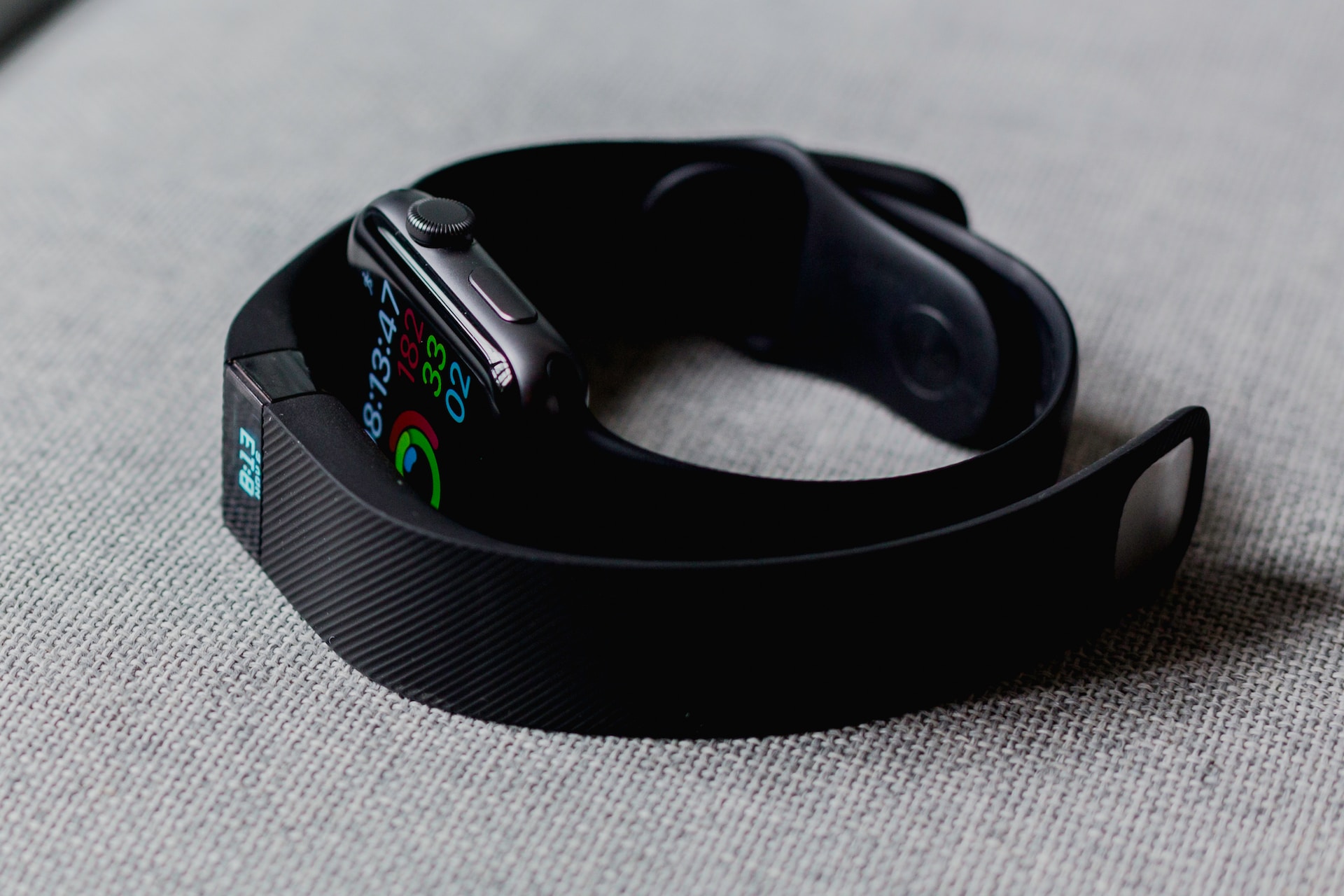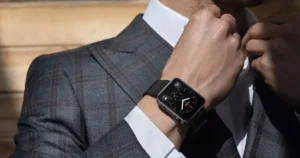
We live in an age dominated by technology and digital interfaces. As a result, brands have started leveraging gadgets to foster stronger customer relationships. When they’re customized, they can bridge the gap between digital and personal. This applies whether they’re student-friendly tech gadgets or business-related. In this article, we’ll explain how personalized gadgets can strengthen the link between brands and their customers.
The Rise of Personalized Products
The landscape of modern technology is vast, dynamic, and in perpetual flux. As devices become more sophisticated, the space for personal touches expands. In turn, this becomes an exciting frontier for brands. There are smart wearables that adapt to individual health metrics. These customizable tech accessories offer individuals a chance to make a statement. They can wear their personalities on their sleeves – in some cases, literally. There are also uniquely designed phone cases that serve as an extension of people’s personal style.
It’s possible to buy customized gadgets, accessories, and other corporate presents online. If you’re seeking soccer gifts you can add your soccer team or company logo to PopSocket products, for instance. Besides phone cases, there are also phone grips, phone wallets, phone mounts, phone chargers, and fidget toys. Brands that successfully navigate this intricate world of personalized tech set themselves up as pioneers. They make a profound statement about the value they place on individual customer experiences in a digitized era.
The Emotional Quotient Of Gadgets
Beyond the screens and circuits, gadgets have a ”soul”. Or, at least, that’s the feeling users get when their devices seem to “know” them. There are fitness trackers that vibrate gently, celebrating personal milestones. This isn’t just a device – it’s a partner in someone’s health journey. There are also smart home devices that dim the lights and play a cherished song as evening sets in. Once again, this moves from being a tool to an integral part of the daily routine.
By embedding these personalized experiences within gadgets, brands are crafting narratives. They’re binding their products with the emotional experiences of their consumers. This connection fosters a deeper brand relationship, rooted in sentiment rather than mere utility. If you want to inspire loyalty in customers (i.e. custom and repeat custom) this is a powerful way to do it.
Customization As A Value Proposition
Today’s marketplace is awash with gadgets of every imaginable kind. As a result, the only thing that can set a brand apart is personalization. Offering customization in tech products elevates a brand’s offering from a mere commodity to a unique proposition. It communicates a brand’s willingness to celebrate individuality. This differentiation is crucial in a world where consumers are often overwhelmed with choices.
By creating a space where customers can infuse their personality into the products they use, brands can amplify their uniqueness. They can also solidify their position as industry leaders who value individual expression.
Leveraging Data For Personal Experiences
The digital footprints we leave are abundant. Smart gadgets are constantly gathering data and analyzing patterns. They’re also recording our preferences and habits. For brands, this data is a treasure trove. It offers deep insights into customer behavior. Used wisely, this information can transform generic devices into personal companions.
Imagine headphones that curate spontaneous playlists, based on the weather or time of day. Also, think of a tablet that suggests reading material, based on your previous choices. Such meticulous, data-driven personal touches elevate the user experience. In turn, they transform these gadgets from being just devices to insightful personal aides.

Enhancing Brand Loyalty Through Personal Touches
Loyalty isn’t built overnight. It’s the culmination of consistent, positive interactions and experiences with a brand. Consider when a user sees their name etched on a gadget – or experiences a feature tailored specifically for them. These things can all reinforce a person’s bond with the brand. Over time, these individual experiences accrue, building a reservoir of goodwill.
Such a connection goes beyond mere product satisfaction. It’s about feeling seen, recognized, and valued. Brands that recognize and harness this potential foster an environment where customers become ardent brand champions.
Personalized Gadgets As Conversation Starters
There’s something inherently appealing about bespoke products. They naturally invite inquiry and admiration. Think about a uniquely designed laptop skin, or a smartwatch face curated to reflect someone’s personal tastes. There could alternatively be a smartphone case with a personal motto.
These things can all encourage engaging conversations. They draw attention not just to the product, but to the brand ethos behind it. Each of these dialogues is a ripple, extending brand visibility organically.
Challenges And Ethical Considerations
With this increased potential comes a greater sense of responsibility. The arena of personalized gadgets is riddled with challenges, primarily centered around data privacy and ethics. As devices collect and process personal data, the onus is on brands to ensure this information is handled with the utmost care and respect.
There should be transparent communication about data usage. You should make a relentless commitment to user privacy, establishing it as the benchmark for your brand. Also, ensure that the drive for personalization doesn’t infringe upon individual rights, or compromise trust. Finally, make sure your website and gadgets are protected from cybercriminals. This will require the implementation of rugged security protocols.
The Future Of Personalization In Gadgets
We are currently on the cusp of a technological renaissance. As advancements in AI, virtual reality, and biotechnology converge, the canvas for personalization will grow exponentially. Personal gadgets might soon adapt in real-time to user moods and health metrics – or even respond to subconscious cues.
Brands should remain proactive, investing in research and innovation. They can lead these changes and shape the future narratives of personal tech. In this unfolding scenario, personalization will transition from being an added feature to a fundamental expectation.
Whether you’re creating the gadgets or using them as corporate gifts, they hold a great deal of potential. This especially applies when the lines between technology and personal identity are becoming blurred. You can enhance customer relationships as never before, and establish your brand in the heart of the marketplace.




